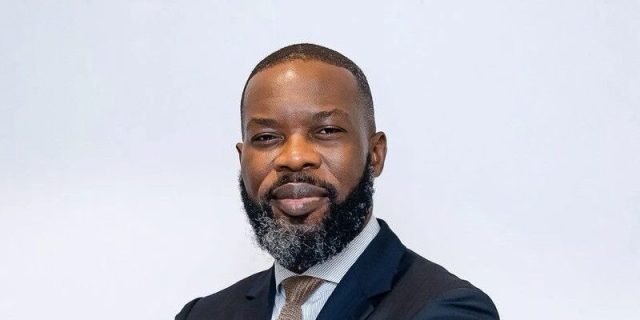As artificial intelligence (AI) continues to reshape job roles, George Asamani, Managing Director of Project Management Institute (PMI) Sub-Saharan Africa, has emphasised the importance of balancing technical expertise with human-centric skills. In a statement, Asamani highlighted the need for young professionals to master AI tools while cultivating creativity, empathy, and critical thinking to remain relevant in an increasingly automated world.
The rapid integration of artificial intelligence into the workplace is transforming industries and redefining job roles, creating both opportunities and challenges for young professionals. According to George Asamani, Managing Director of PMI Sub-Saharan Africa, success in this evolving landscape requires a dual focus on technical skills and soft skills.
“As AI integrates into the workplace and redefines job roles, young professionals find themselves at a pivotal crossroads. On one side lies the immense potential of AI to drive innovation and professional growth. On the other hand, the challenge of preserving irreplaceable human attributes—creativity, empathy, and critical thinking—remains critical to maintaining our unique value in an increasingly automated world,” Asamani stated.
He stressed that mastering technical skills alone is no longer sufficient. Professionals must also cultivate soft skills that foster collaboration, agility, and ethical decision-making. “Success in this evolving landscape requires mastering technical skills while simultaneously cultivating soft skills that foster collaboration, agility, and ethical decision-making,” he added.
Asamani also highlighted the importance of lifelong learning in adapting to technological advancements. “Learning extends far beyond formal schooling. Yet, for many young professionals, the transition from academia to the workplace often marks the end of structured education. The demands of starting a career, coupled with the pressure to perform, can make continuous learning a lower priority. This mindset must shift, as adapting to change requires a commitment to lifelong learning,” he explained.
Employers and learning and development managers play a crucial role in fostering a culture of continuous upskilling. In project management—a field significantly impacted by AI—continuous learning is no longer optional but essential. By equipping teams with both technical expertise and human-centric skills, organisations can ensure their professionals are future-ready.
“Amid AI’s growing dominance, soft or power skills remain the cornerstone of human agency. While machines excel in data processing, pattern recognition, and predictive analytics, they cannot replicate emotional intelligence, creativity, or the nuanced decision-making required in complex human interactions. Employers increasingly recognise the value of these uniquely human traits, which are vital to navigating ambiguity and fostering innovation,” Asamani noted.
He also emphasised the importance of mentorship in bridging the gap between experienced professionals and new project managers. “Pairing seasoned professionals with new project managers through mentoring fosters mutual growth, enabling the transfer of knowledge, skills, and fresh intergenerational perspectives,” he said.
PMI is leading efforts to equip professionals with AI capabilities through investments in AI-powered tools and platforms. Members have access to free AI-focused courseware, enabling them to integrate AI into their workflows effectively. The organisation’s acquisition of Cognilytica further demonstrates its commitment to helping project managers stay ahead of the curve in an AI-driven world.
Asamani urged individuals to take personal responsibility for their growth, viewing challenges as opportunities for development. “As technology becomes omnipresent, individuals must also take personal responsibility for preserving their human legacy. This means not only adapting to change but actively shaping it,” he said.
The future of work demands a balanced approach to technology and human skills. By embracing AI tools while nurturing creativity, empathy, and critical thinking, young professionals can secure their place in an evolving job market. As George Asamani aptly concluded, “A balanced approach to technology and soft skills is key. By embracing both innovation and human values, today’s youth can secure their place in the future of work—one where automation enhances, rather than diminishes, human potential, and innovation thrives alongside empathy.”
Follow us on Instagram.
https://www.instagram.com/businessnewsng?igsh=ZXpweTdjOGF1ZXdu





















